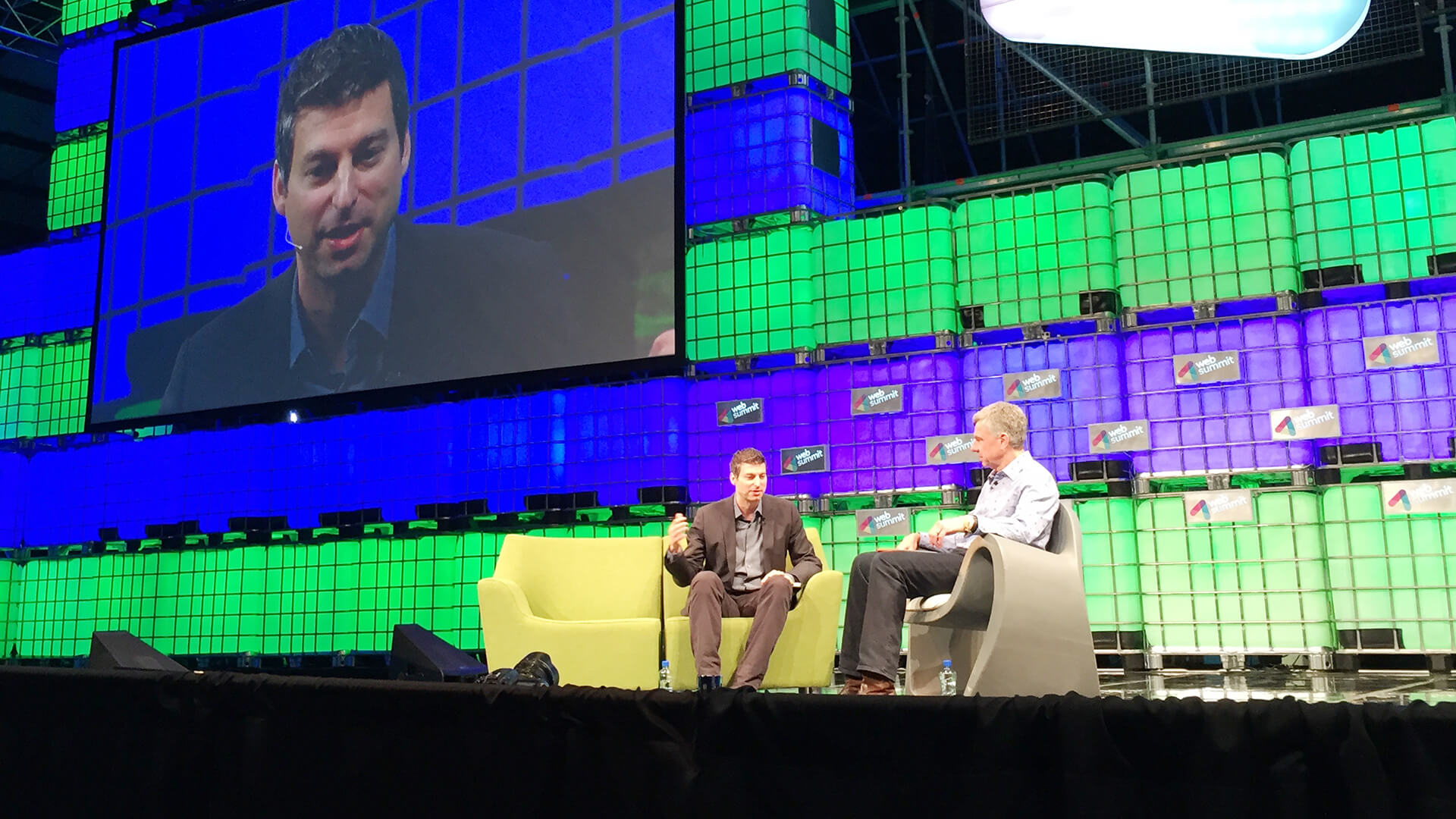Twitter’s top biz exec Adam Bain is leaving
With Twitter COO Adam Bain stepping down, CFO Anthony Noto will take over as the company's revenue boss.

The individual who, for six years, has overseen the growth and recent deceleration of Twitter’s advertising business, Adam Bain, has decided to leave the social network, a Twitter spokesperson confirmed on Wednesday after The New York Times reporter Mike Isaac and Recode reported the news.
After 6 years and a once-in-a-lifetime run, I let Jack know that I am ready to change gears and do something new outside the company.
— adam bain (@adambain) November 9, 2016
In a filing with the SEC, Twitter said that Bain tendered his resignation on Monday. It’s unclear where Bain, who was loved inside the company, as well as along Madison Avenue, might land, but he’s said to have told Twitter execs that he won’t be joining a competitor like Snapchat. He is expected to remain with Twitter through the end of this month.
As of today, Twitter CFO Anthony Noto will take Bain’s position as COO permanently and temporarily continue to serve as CFO until the company appoints a replacement, the spokesperson said.
It might seem weird for a CFO with a banking background to be given charge of a media company’s advertising business. But it’s not that weird when it comes to Noto. The former CFO of the NFL, Noto has been involved in Twitter’s live-streaming deals with companies like the NFL and, before Twitter hired Leslie Berland as CMO earlier this year, had managed the company’s marketing efforts. During Twitter’s earnings calls with analysts, Noto has fielded many of the questions related to Twitter’s ad business.
And there are a lot of questions related to Twitter’s ad business. After growing by 129 percent year over year in Q2 2014, Twitter’s advertising revenue growth has decelerated with each subsequent quarter. In Q3 2016, Twitter’s advertising revenue increased by 6 percent year over year. On the same day that Twitter reported that figure, the company announced that it would lay off 350 employees, with the majority of those cuts affecting Twitter’s ad sales and marketing staff.
But Bain’s departure isn’t exactly someone grabbing a parachute during a freefall. Yes, things look bad: slowing revenue growth, stagnant audience growth, declining ad prices. But things may actually be looking up, or at least less down, for Twitter’s business.
At the same time that Facebook is freaking out investors by saying that soon it won’t be able to increase ad load any more, Twitter has hit a point where it doesn’t have to, where it’s actually been able to decrease ad load. In Q3 2016 Twitter’s ad load was lower than it had been in Q2 2016, but it was able to make more money from ads in Q3 than Q2.
There were two main reasons cited for the ad load decrease/ad revenue increase: 1) Twitter has improved its product to the point that it’s getting more people to use Twitter on a daily basis, organically increasing the number of ads Twitter can serve; and 2) those people are interacting with its ads more often, indicating that Twitter’s doing a better job picking out which ads to show.
If Twitter can continue the trend, it has a chance to dissuade advertisers from continuing to devalue its ads because it will have been able to show them its ability to increase the value of those ads. And now pulling that off will be up to Noto.
Contributing authors are invited to create content for MarTech and are chosen for their expertise and contribution to the martech community. Our contributors work under the oversight of the editorial staff and contributions are checked for quality and relevance to our readers. MarTech is owned by Semrush. Contributor was not asked to make any direct or indirect mentions of Semrush. The opinions they express are their own.
Related stories
New on MarTech